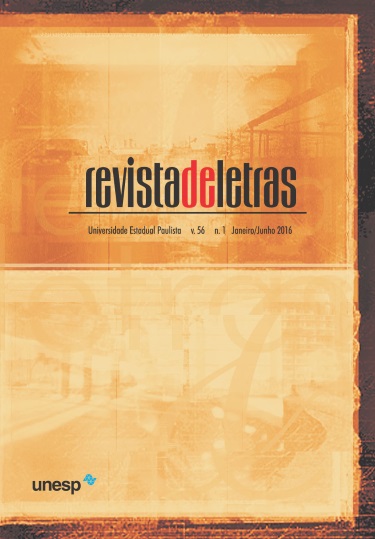The mythological plots about the creation of the world and human beings in the Erzyan epic, Mastorava
Keywords:
Myth, Epic, Epic hero, Epic legend, Motif, Plot, World creation, Creation of the human beings, Combination (or contamination), Literary version, Author’s conception, Poetic word,Abstract
The article is devoted to the principles of contamination myths, stories, and tales about the creation of the world and human beings in the Erzyan epic, Mastorava, by A. Sharonov This article focuses on the specifics of the development of folk stories and characters, the connection between Gods and people in the authentic works, and the projection of authentic motifs and heroes onto the author’s text. Unlike the authentic epic, the literary epic consists of different genres joined by the author’s idea. There is the dominance of the epic genres (myths, legends, tales), as well as some proverbs, ritual, and lyrical songs. The symbiosis of different genres, plots, motifs, and characters makes a unique literary work based on folklore material. There are no Kalevala, Kalevipoeg, or Mastorava in Finnish, Estonian, and Erzyan folklore. All of them are the creation of authors. The main task of the literary epic is to put the ancient epic text into a new shell according to the author’s aesthetic and philosophical principles, based on contemporary ideas about history, mythology, and culture. The literary form of the epic is not an improvisation. It is the result of an author’s many years of work. The author creates a literary scheme and then fills it with material. The traditional heroic epic has a folk idea about the creation of the world, mythology, and history, as well as ideas about an ideal tsar, an ideal society, and moral views. All of these are usually recreated and harmoniously transformed by the author into a literary version of the epic. The ancient heroes and plots were returned to most of the people and became the wealth of a national consciousness which received renewed life in the Mastorava, which conveys the history of Erzya.Downloads
Published
23/10/2017
Issue
Section
Contributions
License
Os manuscritos aceitos e publicados são de propriedade da Revista de Letras. Os originais deverão ser acompanhados de documentos de transferência de direitos autorais contendo assinatura dos autores.
É vedada a submissão integral ou parcial do manuscrito a qualquer outro periódico.
A responsabilidade do conteúdo dos artigos é exclusiva dos autores.
É vedada a tradução para outro idioma sem a autorização escrita do Editor ouvida a Comissão Editorial.

